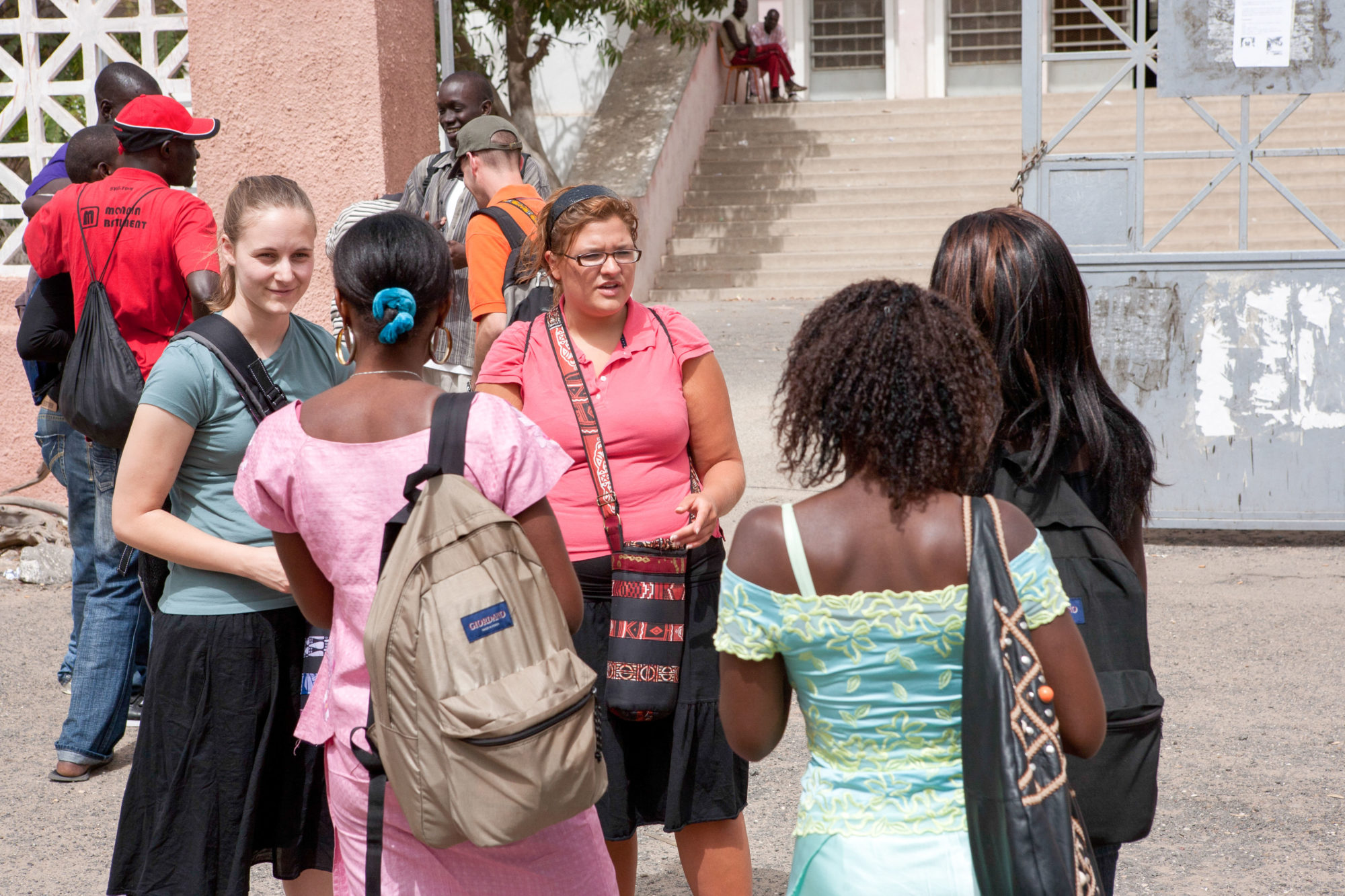
No one likes being the new kid on the block. Just thinking about it now takes me back to difficult times when I experienced loneliness and unfamiliarity in new places. It even reminds me of those awkward years trying to fit in with others in my early school years. That’s why being welcomed into a new community can be such a wonderful experience. The simple truth is that welcome is a powerful word.
The Power of a Warm Welcome
Over the course of forty-two years, my wife and I have moved a number of times, and with every move came the same unnerving feelings. Whether here in the United States or overseas where we served as missionaries, we always felt like the new kids on the block.
I will always remember one particular move when our new neighbors rushed right over. They welcomed us and invited us over for dinner that night. It felt great to receive such warm hospitality. A single family reaching out to us made us feel completely welcomed to our new city and neighborhood.
“A single family reaching out to us made us feel completely welcomed to our new city and neighborhood.”
During the time my wife, Kathy, and I lived in Brazil, we moved from the city where we attended language school to our new city of ministry a thousand miles to the south. We tried to connect with our new neighbors next door the way our previous neighbors had done with us. They were cordial enough, but our conversation was stilted and superficial.
But I will never forget the Sunday morning when their shallow greetings turned into something more. They invited us over for Chimarrão, which is a caffeine-rich infused tea that’s quite popular in southern Brazil. Being invited over to our neighbors to drink tea was exciting. We felt welcomed and honored to be included in one of the most culturally important customs of the region.
Chimarrão é amizade is one of the local sayings. Translated, it means “Chimarrão is friendship.” Our neighbors shared that adage with us, adding that drinking Chimarrão with family, colleagues, or friends created a social bond. It didn’t take long to become good friends with our neighbors. Our daughters were soon best friends and spent a lot of time together. The girls even had their own time to share Chimarrão together.
Be a Welcoming Neighbor
Desire for inclusion is not exclusive to American culture. Everyone feels lonely when they move to a new, unfamiliar place—especially international students. They arrive with the pressure to excel in their studies in a second language, all while learning a new culture. It must be totally overwhelming, and feeling welcome in their new hometowns can likely help offer some much-needed comfort.
We have an incredible opportunity in the US to welcome almost a million international students that arrive from countries all around the world to attend American colleges and universities every year. Knowing that 75 percent of international students are never invited into an American home increases the importance of welcoming them in.
Consider this excerpt from a 2011 WorldView column by IMB’s Erich Bridges: “A foreign student preparing to return home after several years at an American university left behind a full suitcase with his roommate. ‘What’s this?’ the roommate asked. “It’s full of the gifts I brought to give Americans when they invited me to their homes,” the student replied, a tinge of sadness in his voice. ‘No one invited me.’”
The opportunity for believers to serve international students through simply welcoming them in and helping them acclimate to their new home and culture is astounding. No international student who wants to have an American friend should ever be lacking.
“Knowing that 75 percent of international students have are never invited into an American home increases the importance of welcoming them in.”
Practical Steps to Welcoming an International Student
- Contact your local university and ask about becoming a host family to an international student.
This is usually arranged through a program in the international student office. Programs may differ, but you’ll generally receive a form to fill out that matches your family and a participating student. You’ll typically be asked to host your assigned student throughout the school year. Currently, my family is hosting two students, and we make a point of including them in holiday festivities and meals as well as family birthdays, shopping excursions, and worship opportunities with our church. - Pick up international students from the airport and help them get settled into their dorms or apartments.
- Provide household goods and furniture for international students.
Some churches and Baptist Associations have developed ministries to provide these items. International students secure household goods and furniture as they settle into their new places of residence and return them at the end of the school year or when they return home. - Embrace students as a part of your life and become a genuine friend.
Invite them for meals and to special family events, church activities, and excursions such as ball games, bowling, and amusement parks. On holidays like Thanksgiving, Christmas, and Easter, explain the meaning of your observances and traditions. Remember that they want to experience life in America, and you are their guide.
When you reach out, you’ll discover a multitude of opportunities to build friendships, meet needs, and minister the gospel to people God has brought to your community. All of this opportunity is available simply through the power of welcoming others into your life.
For more on building relationships with international students, check out this article. For a graphical representation of the influx of international students into the States and our opportunity to reach them, see this article.

